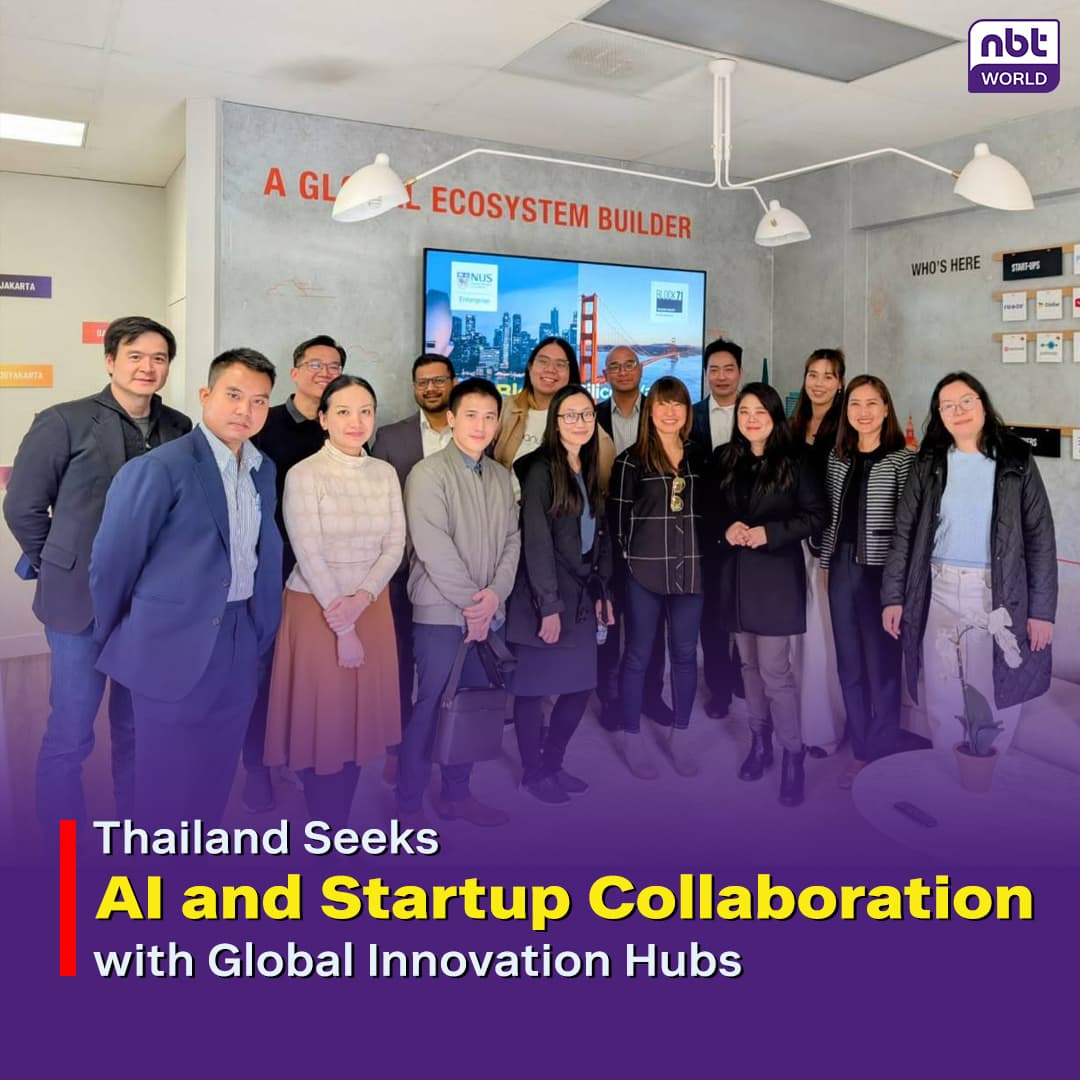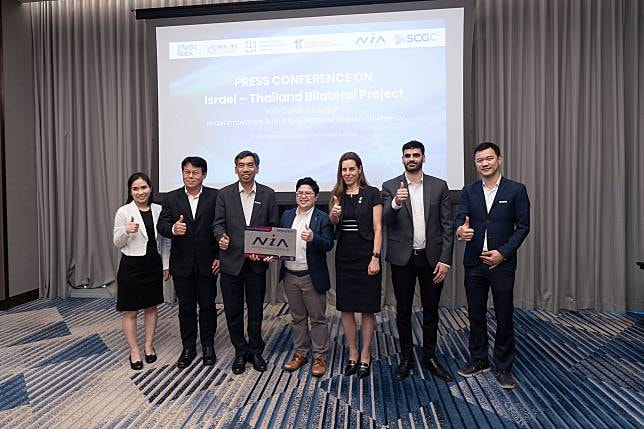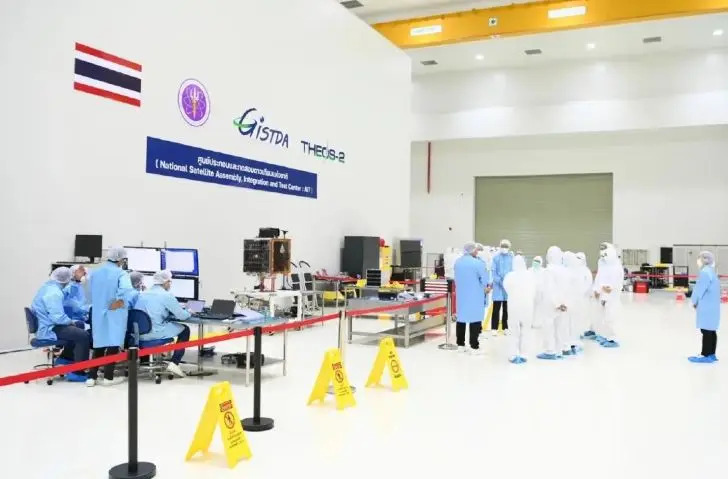By Karin Verloop, Managing Director Client Portfolio for Thoughtworks in APAC
The retail landscape has undergone seismic shifts, driven by digital innovation and evolving consumer behaviors. Now, Generative AI (GenAI) is poised to redefine the industry once again. With staggering
growth projections and the potential to revolutionize everything from product development to customer experience, GenAI is no longer a futuristic concept but a pressing business imperative. In Thailand, the GenAI market size is expected to show an annual growth rate (CAGR 2024-2030) of 46.48%, resulting in a market volume of US$1,773.00m by 2030 — and the retail industry is certainly no exception.
Infact, Thailand’s vibrant retail sector stands at the cusp of this transformation. As a key economic driver, it is primed to benefit from AI-powered innovations. The sector is projected to expand by 4-5% annually until 2025, outpacing overall GDP growth. Today, GenAI investments are largely focused on creating incredibly valuable opportunities across the retail value chain – from new ways to dynamically optimize product ranges and store layouts, to enabling unprecedented levels of personalization in shopper experiences.
For retail leadership teams, across Thailand, realizing the full potential of GenAI demands a strategic approach that balances technological advancements with human expertise. By building a strong data foundation, fostering collaboration, and prioritizing security, retailers can position themselves at the forefront of this exciting new era. Integrating GenAI into your retail tech stackGenAI’s potential is maximized when integrated seamlessly into existing systems and data infrastructure. Retail organizations should view GenAI as a complementary technology that enhances existing analytical and AI/ML capabilities.
A robust data foundation is essential for training effective AI models. Retailers should prioritize use cases where high-quality data is abundant, such as customer behavior analytics. For instance, a retailer with a comprehensive understanding of customer demographics, purchase history, and preferences can leverage GenAI to create highly personalized marketing campaigns. This success can then be leveraged to explore AI applications in inventory management, supply chain optimization, or product development.
Aligning GenAI with human workflowsRather than imposing new workflows, GenAI should augment and enhance existing practices. By closely collaborating with teams across the retail organization, businesses can identify specific pain points and tailor AI solutions to address these challenges directly. This approach fosters a sense of ownership and encourages adoption. To ensure successful AI implementation, organizations must invest in employee training and development. By providing employees with the necessary skills to effectively utilize AI, businesses can mitigate resistance and maximize the technology’s potential. This will also drive consistent and long-term operational improvements.
Human-in-the-loopGenAI is not infallible. Issues such as hallucinations, inaccuracies, and potential
intellectual property infringements can arise, particularly in complex or novel applications. To mitigate these risks, human oversight is essential. By incorporating human validation into AI workflows, retail organizations can ensure the quality, accuracy, and reliability of AI-generated outputs. This human-in-the-loop approach is particularly important for applications that directly impact customers or critical business functions. Moreover, relying solely on AI for complex tasks can be counterproductive.
While AI can automate certain processes, human judgment and creativity remain indispensable for
achieving optimal results. Building an AI-ready workforceWhile GenAI tools are designed to be user-friendly, organizations will need to develop specific skill sets to maximize their potential. A deep understanding of intellectual property rights and the nuances of AI-generated content is crucial to mitigate legal risks. Additionally, analysts with expertise in interpreting and evaluating AI outputs will be essential for ensuring the quality and reliability of AI-driven insights. To acquire these specialized skills, retail organizations can invest in internal training and development programs or recruit talent from external sources.
Establishing dedicated roles focused on AI governance and oversight can help ensure that AI initiatives align with organizational objectives and adhere to ethical standards. Data security and privacy in GenAISecurity and privacy are paramount considerations when implementing GenAI. Key concerns
include data leakage, where sensitive information is inadvertently exposed through AI models and processes. This can occur through various channels, such as data scraping, prompt engineering, or the misuse of customer data.
Additionally, the quality of AI-generated content, particularly code, can introduce vulnerabilities into systems. While less prevalent in retail, this risk warrants attention as AI applications expand. Proactive measures such as implementing robust data protection policies, conducting regular security assessments, and staying informed about emerging threats should be implemented across the retail organization. By prioritizing data security, organizations can build trust with customers and protect their brand reputation.
——————————–
Source: NNT



